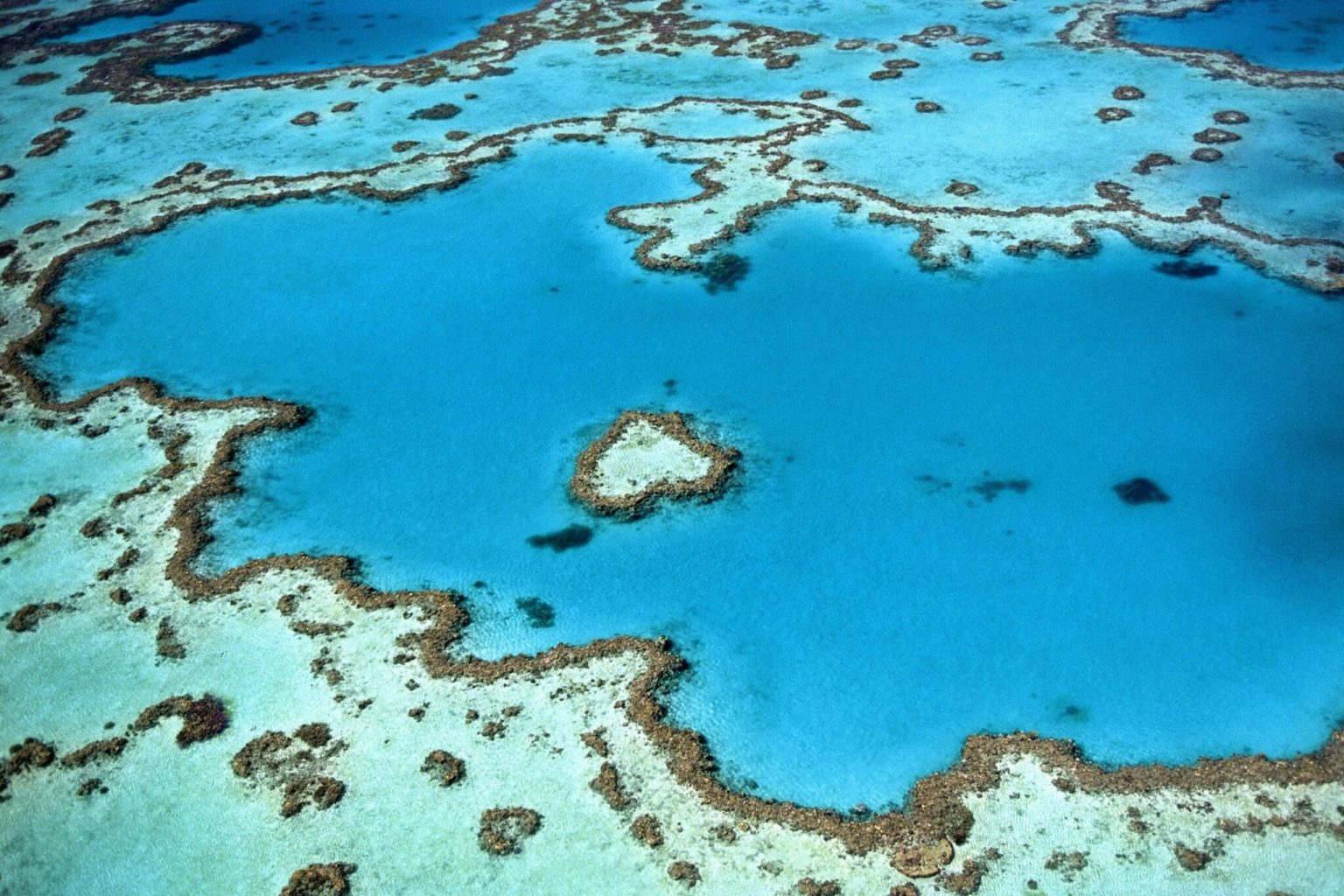The Great Barrier Reef is currently experiencing its fifth coral bleaching event in eight years, the worst on record. This process occurs when warmer-than-usual water causes corals to expel their algae and turn white, putting them under stress and making them more vulnerable to death. The tourism sector in the Great Barrier Reef has a long history of trying to minimize human impact, with tourists playing a crucial role in conservation efforts.
The Great Barrier Reef brings in over 2 million tourists to Northeast Queensland, Australia, annually and creates 60,000 jobs. This ecosystem is home to a variety of marine life, including 400 types of coral, 1,500 species of fish, rare whale species, and five of the world’s seven marine turtle species. While designated a World Heritage site in 1981, the reef is facing threats due to climate change, prompting UNESCO to consider adding it to its “In Danger” list in 2021.
Tourism in the Great Barrier Reef has been focused on conservation for years. The industry is highly regulated, and tour operators have increasingly shifted their focus to educating visitors about the impact of climate change on the reef. Some operators offer science tours where tourists can help monitor coral health and nurseries, while others have glass-bottom boats showcasing struggling areas of the reef and vibrant marine life.
Tour operators in the Great Barrier Reef play a crucial role in monitoring the health of the coral reef. During the pandemic, when tourist numbers decreased, the government realized the importance of data collection and provided extra funding to operators to continue monitoring. These groups are now not only monitoring but also working to limit their negative impact on the reef. Companies like Tropic Wings and Sailaway Port Douglas have introduced sustainable practices to reduce their carbon footprint.
The Coral Nurture Initiative, a partnership between researchers and tour operators, aims to conduct research and restore reefs in the Great Barrier Reef. By joining initiatives like these, companies in the region are actively working towards conservation efforts. While this is not a complete solution to the coral bleaching issue, it is an essential step in collecting data to understand the damage and response to the environmental changes. The partnerships formed between scientists and tour operators could serve as a model for protecting vulnerable ecosystems around the world.
Overall, the tourism industry in the Great Barrier Reef is essential for collecting data and insights regarding the health of the coral reef. Tour operators are increasingly becoming involved in conservation efforts and offering hands-on activities to educate tourists about the threats to the reef. By working together, the industry can help monitor and restore the reef, setting a standard for responsible tourism in fragile ecosystems. The collaboration between tour operators and researchers highlights the importance of partnerships in protecting and preserving the natural world.


